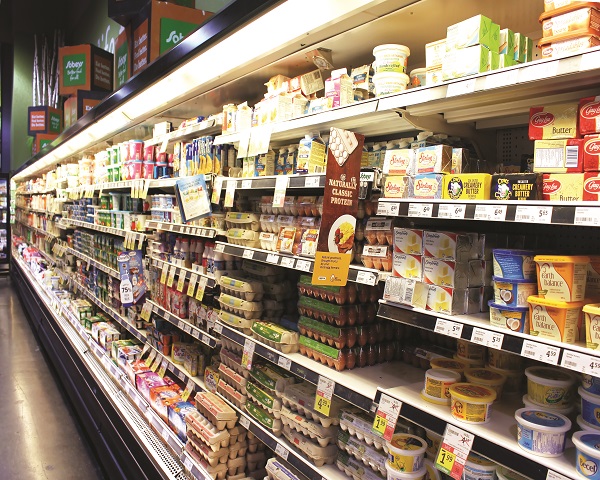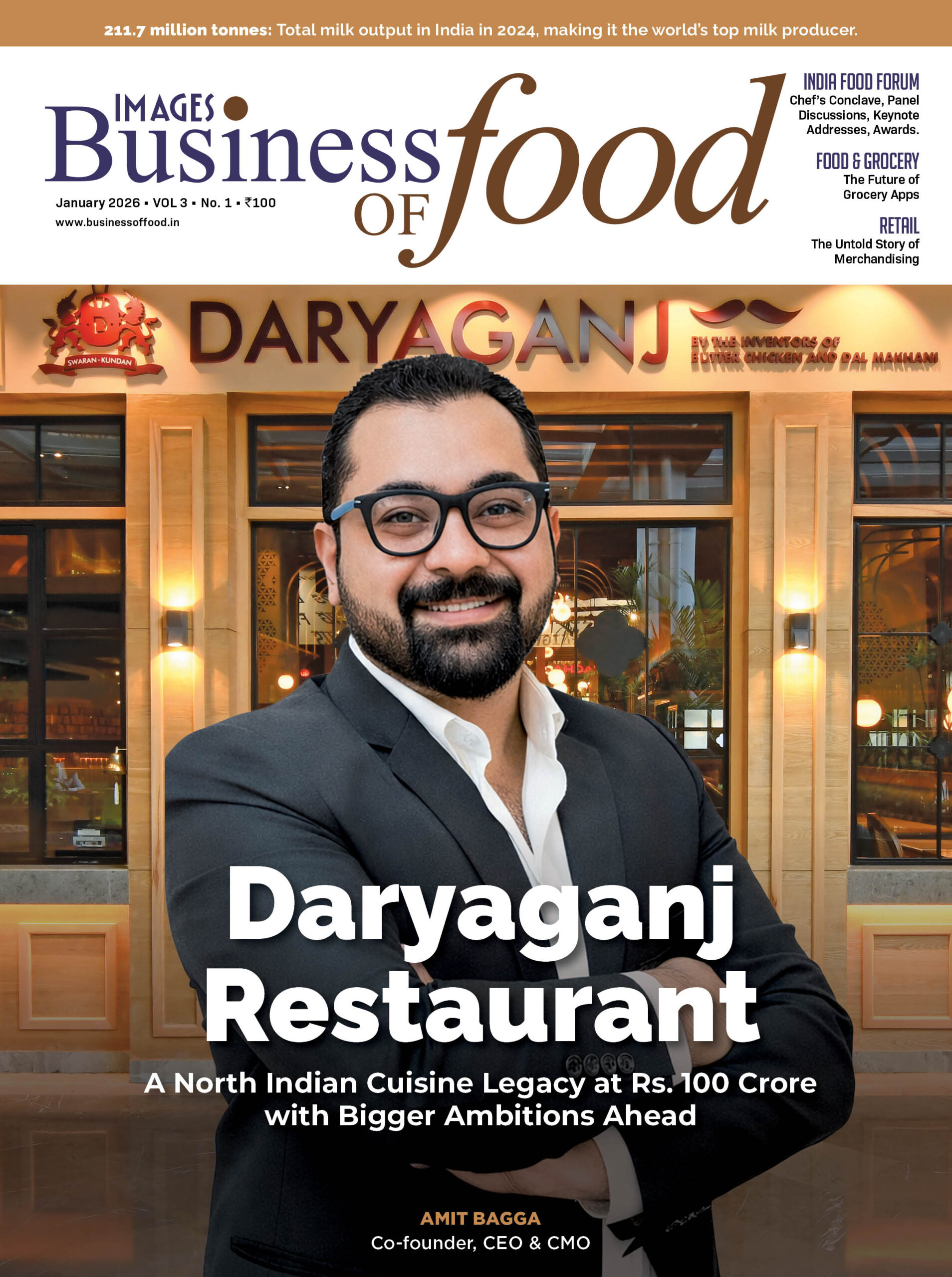The consumption pattern of breakfast options have evolved over the years. While classics like poha, upma, and idlis maintain their popularity, the emergence of innovative alternatives like muesli and granola has reshaped the conventional breakfast market. The demand for convenience and variety is palpable, driving the proliferation of prepared breakfast foods across both traditional and specialty markets. Changing Consumer Preferences in…



